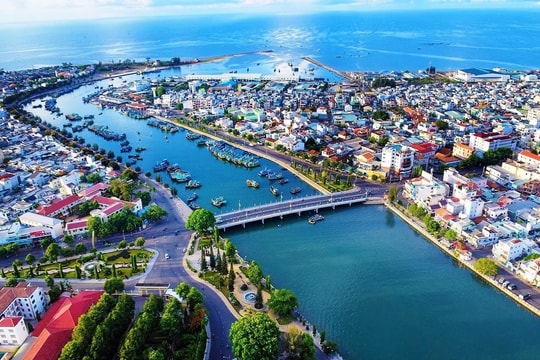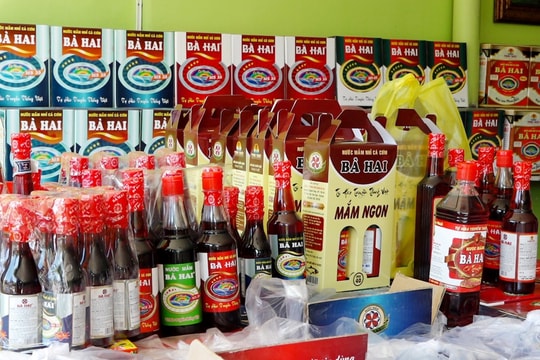 |
| Hundreds of dragon fruit lorries are stranded at the Tan Thanh Border Gate due to trade restrictions caused by the new coronavirus outbreak in China. (Photo: VOV) |
During the first days following the Lunar New Year break, trading activities were restricted at border checkpoints between Vietnam and China while some Chinese trading partners cancelled their orders entirely, leading to the logjam of hundreds of lorries carrying Vietnamese agricultural produce, mainly dragon fruit, at the Tan Thanh Border Gate in Lang Son Province.
The expanding nCoV outbreak in China has raised fears of protracted trade restrictions at international border gates among growers and traders of watermelon, dragon fruit and other fruits.
At present, domestic dragon fruit prices have fallen sharply. The period from now until early March is the harvest season for tens of thousands of tonnes of dragon fruit in southern provinces such as Long An, Tien Giang and Binh Thuan, while the capacity of cold storage warehouses is extremely low.
Other fruits such as durian, rambutan, star apple and watermelon are also seeing steep price drops and sluggish sales as merchants are still watching the situation at agricultural terminal markets in China.
Aware of the circumstance, the Ministry of Agriculture and Rural Development has promptly taken measures is working closely with other agencies in order to boost domestic sales, processing and storage.
The ministry is also working with the association of Vietnamese logistics firms to utilise their cold storage facilities while sending trade promotion delegations to the Middle East and ASEAN countries in order to mitigate the pressure due to trade restrictions during peak harvest times.
According to agricultural experts, the hold-ups and price reductions of agricultural produce due to trade restrictions as a result of the new coronavirus are challenges but also opportunities for Vietnam’s agricultural sector to rethink its long-term measures for stable and sustainable development.
Such measures include enhancing the processing capacity in order to bring down raw exports, increasing the storage capacity so as to stabilise the market, and coordinating production between different localities to avoid harvesting too much within a short period of time after the Lunar New Year holiday.
Source: NDO




















.jpg)




.jpeg)

.jpeg)


.jpeg)


